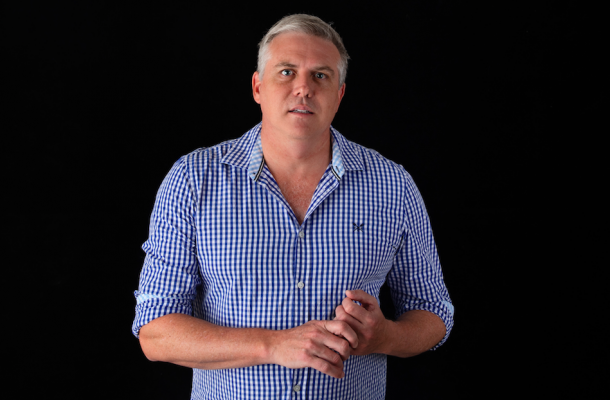How to become a better negotiator by identifying what drives others

What do you picture when you think of negotiation? Perhaps two teams of people sitting sternly opposite each other at a board room table? Or a competitive exchange in some foreign street market, with a sustained haggle over price and the occasional theatrical walk away?
Skilled negotiation is so much more than these stereotypes. It can transform value and change lives. For both parties. It takes patience and courage. It thrives on curiosity and trust, because negotiations are driven by addressing the needs and worries of the respective parties. The challenge is that the needs and worries of the other party are often unknown or unclear.
In March 2019 a bicycle accident left me with a severe spinal cord injury. During recovery I relied on my negotiating experience to explore for opportunity, seeking areas of common ground that met my needs and worries, AND those of my specialists. One crucial negotiation was about wearing an ankle foot orthosis (AFO). I was extensively told I needed a foot orthosis for life as I had lost almost all capability to control my left foot.
Wearing the AFO felt horrible – imagine having a piece of hard, cheap plastic sitting under your foot, wrapping around the edge of your foot and heel, then running up the back of your leg to the top of your calf. Getting it on and then into my shoe with my limited flexibility was time consuming and exhausting.
I opted to walk barefoot.
When the specialists told me the barefoot walking had to stop – that I had to wear the AFO and shoes – I negotiated. To do this effectively I had to uncover the needs and worries of the specialists. I prepared by understanding the pros and cons of the AFO during my physiotherapy sessions. I employed questioning techniques with the specialists that explored for their drivers: “help me to understand why me wearing the AFO is important?” I explored for areas of flexibility: “under what circumstances will you allow me to walk without the AFO?” The answers revealed the needs and worries that must be addressed if I was going to craft a successful proposal.
The AFO was deemed essential by the spinal specialists because of my current state of mobility. My left foot would drag out and around as I walked because I couldn’t lift it. By holding my foot in a fixed position, it would stop me tripping and straighten my gait pattern. It would protect me from falls once I was active outside the hospital.
To me the AFO represented long-term immobility, which was not the future state I wanted. If I became dependent on the AFO, my foot would get weaker, and I might lose that use forever. I wanted to make all of me stronger, fraction by fraction, and was not ready to give up hope that I could regain foot movement. The AFO was a constraint that I needed to test and remove.
We reached agreement that I would wear the AFO if I ever left the smooth flat surfaces of the hospital ward. I would also wear it for some parts of my twice-daily rehabilitation program. I could walk in barefoot around the ward, to the shower, and to meals.
This agreement met the needs of the protecting and developing my leg swing (AFO on) and protecting my foot strength (AFO off). I would be safe in the outside world, but I could also encourage mobility and strength in my left foot by not having it permanent fixed in neutral position by the AFO. It also meant more of my limited energy was spent on focused recovery versus the physical complexity of putting on the AFO and my shoes. The agreement met the needs and addressed the worries of both parties.
I am certain I would not have recovered my walking ability to the extent I have without testing and removing (at least partially) the constraint of the AFO.
Superior negotiated outcomes reflect the process I went through. They are founded on effective preparation, skilled exploration of needs and worries, proposals that address those needs and worries, then recognising and having the courage to close. Questions such as “Help me understand…” or “Just suppose I did this” enable us to uncover then address these needs and worries. Reflecting on the questions of the counterparty is also highly valuable – because behind every question lies a need.
Negotiation doesn’t only deliver value in business, or in recovery from a life changing trauma. It is an essential life skill.
Mark Berridge is the author of A Fraction Stronger which shares Mark’s pursuit of belief and possibility after a cycling crash – and devastating spinal cord injury – turned his world upside down. He speaks and writes about the influences that helped him tackle his impossible moments, shaped in a way that allows readers to feel a fraction stronger too. Visit www.markberridge.com.au. Mark coaches with negotiation partners.






